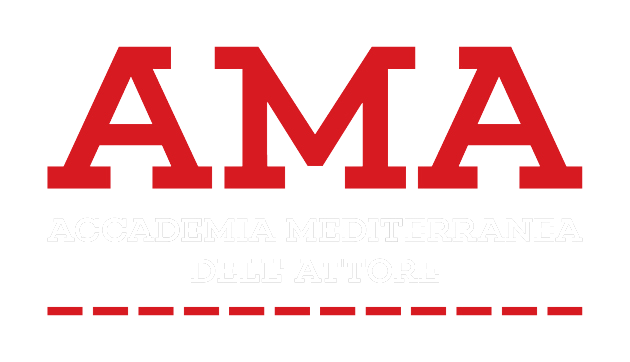11 – 17. 08. 2023 / Jeton Neziraj
A seven days’ workshop that took place in Ancona was a discussion on global warming, climate crises and environmental catastrophes, in combination with writing exercises and artistic interventions. Participants of different profile (Arianna Alfarano, Sonia Antinori, Andrea Caimmi, Andrea Ciferri, Michele Lucinato, Francesca Persichini, Maria Letizia Ruello) were guided and encouraged to produce and write performing materials/texts, which were then used as a basis of the post-dramatic play ‘Conversation about burned worlds’, that was put together and presented in the final day of the workshop, in front of an invited audience.
Workshop was structured in a way that participants were given specific and concrete writing exercises, which then were read in front of the other participants and discussed. This gave everybody to actively participate and be active during the whole period.
In the first day, a dramaturgical ‘mapping’ was done, starting from the big picture of ‘climate crises’, going than into a discussion on a more ‘visible’ and concrete problems that we face and observe in our daily life. We than discussed the ‘power structures’ that are not interested to intervene and act, but we also created a list of ‘actors’ who are most affected and the way they are affected by the climate crises.
A collection of thoughts and materials produced in those discussions looked like this:
– Increasing of the sea level / flooding of the seaside neighborhoods
– Some islands will disappear
– We will be seeing big fires
– More migrants / riots and conflict with locals
– People will escape from Italy
– Austrian army fighting Italians to enter ‘Europe’
– A guard society to protect food for the reach
– People will be creating castles to protect their food and water
– No food and no water. Only food made in laboratories. Rich will afford it, but not the poor.
– People will become cannibals
– People will have found another planned to move (Rich people)
– More wars / Albania will invade Italy
– Temperatures will be 50 degrees and up
Those speculative discussions were than fueled by a writing exercise, on two fire workers who are not deciding if they shall intervene on a fire accident that is occurring in the city. Participants were asked to think of those and other questions:
Why did the fire happen? Who’s to be blamed?
Who could have prevented the fire but did not?
Who witnessed this catastrophe? And not just the people, but also animals, trees and maybe God?
What could be some funny moments in that big tragedy?
Who benefited from it?
Who lost the most?
What lessons do we get from tragedies like that?
How was the solidarity between people?
How did fireman reacted to this and were they prepared?
In the next day, participants, in groups, were asked to go on the streets of Ancona and interview people. A list of ironical questions was prepared beforehand. Collected materials from the interviews was then turned into a performative material.
Participants were asked to write various other exercises, including to write a poem, a song, a monologue, to describe a dream, to write a dialogue scene…
Collected material – around 100 pages, was than ‘arbitrary’ selected and a simple dramaturgical structure was created. Texts were then cut, edited, and adapted into a short play, which was then presented on the final day. A short discussion was organized with the audience, to explain the process, but also to comment on the topic of ‘climate crises’.
While working and organizing the workshops, I had great support from my colleague Sonia Antinori, who was contributing with her rich and long theater experience. Her presence was highly appreciated.
I would like to conclude that the workshop was fun, participants were probably some of the bests I’ve ever worked with. Very curious, engaged, and motivated. I am very proud that in that very short time, we could produce good results.
